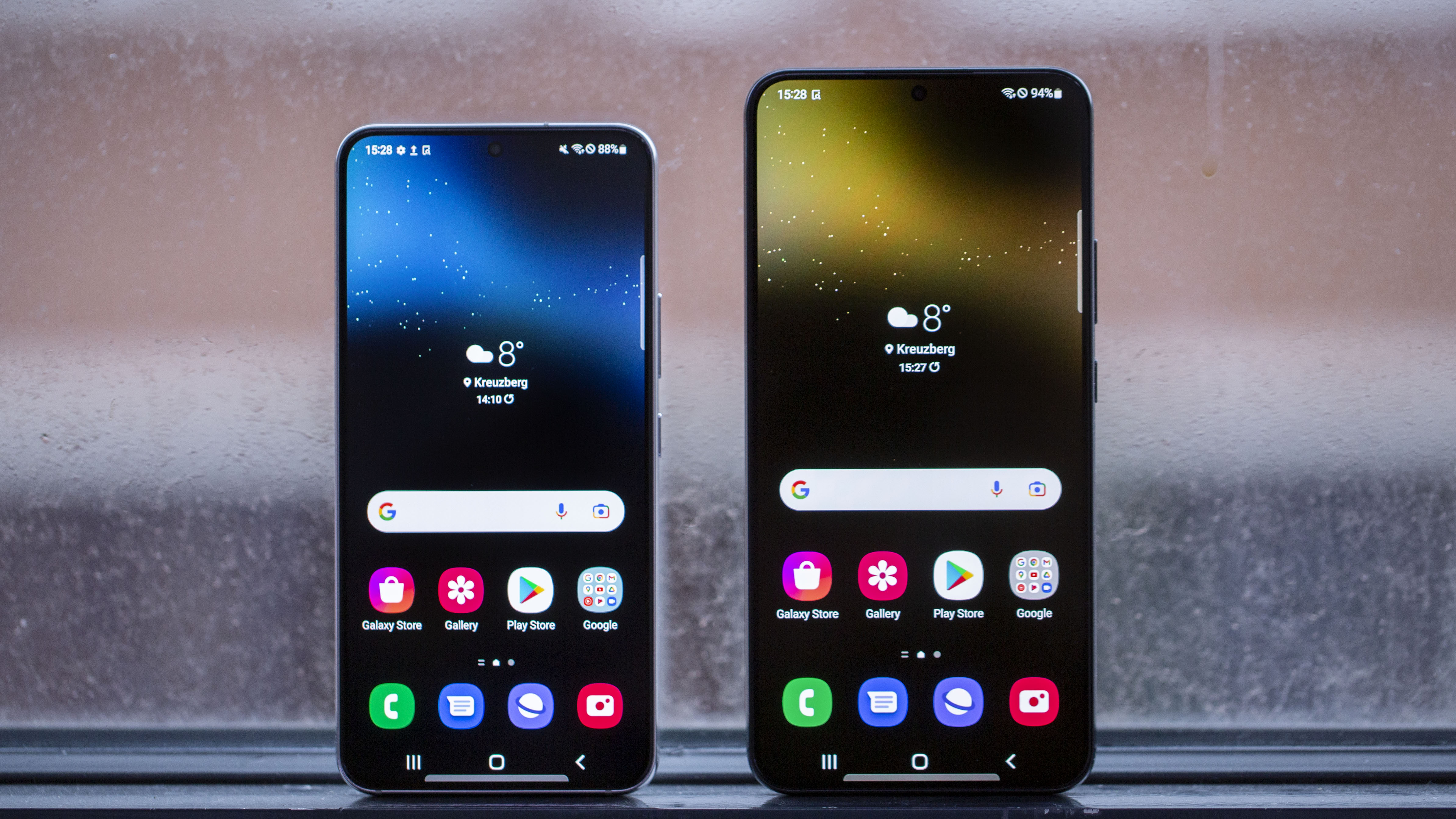
When the West African Kingdoms of Matamba, Ndongo and Luamba and Congo were colonized by the Portuguese, the foreigners named the country Angola, misunderstanding “ngola”, the Bantu(Opens in a new tab) word for “King”, as the name of the region, rather than the monarchy it represented.
This is the kind of misconception that the “Mother of Angola”, the legendary Queen Njinga, exploited.
African Queens: Njinga, a new four-episode documentary from Netflix, executive producer Jada Pinkett-Smith, and documentary production company Nutopia, explores the life and reign of Queen Njinga and the true story of the African Queen who successfully fought off Portuguese slavers and inspired a nation.
Queen Njinga was a fearsome warrior and an even more accomplished tactician. She resisted the Portuguese invasion of Ndongo for over 30 years and not only put a serious dent in the West African slave trade during her reign, but transformed herself from Princess to Queen Regent, and ultimate ngola of not one but two kingdoms. Although given the Christian name “Ana de Sousa” after she was baptized, her native name, “Ngola Njinga”(Opens in a new tab), or “King Njinga” remained.
Pinkett-Smith made a wise decision by opting for a documentary over fictionalisation, considering the limitations of budget and schedule. The result is the docudrama mini-series African Queens: Njinga, which was a collaborative effort between Pinkett, writers Peres Owino (Bound: Africans vs. African Americans) and NneNne Iwuji (Chudor House Productions). The team utilized re-enactments extensively, and enlisted the help of a select group of experts to fill any missing pieces in the narrative of Queen Njinga Mbandi Ana de Sousa of Ndongo.
Njinga vs. Nzghinga: Which is correct?
It has been a common mistake among the Western population to mispronounce the name of Queen Njinga. Despite being recorded as “Nzhinga” in history books, evidence suggests that she signed documents using various spellings such as “Zinga” and “Jinga” — which means that the correct spelling and pronunciation of her name in the Kimbudu language, one of the major languages spoken in Angola, is “Njinga” with a silent “n.”
Njinga’s rise to power
The Portuguese invasion of the present-day Angola region took place thirty years prior to Njinga’s birth in 1583 and resulted in the kidnapping and enslavement of the Matamba people for labor in the sugar plantations of Brazil. The Portuguese successfully infiltrated the territory by exploiting rivalries between local nobles, many of whom were willing to betray neighboring kingdoms to avoid being dominated themselves.
The series begins with an adult Princess Njinga, played by Adesuwa Oni (The Witcher: Blood Origin), already a fierce warrior and favored by her father, Ngola Kia Samba. While her brothers, Princes Mbande and Kiluanji, warn of treachery from a Portuguese-influenced kingdom from the north, the Princess suggests that they go to the source and deal with the Portuguese directly. The Ngola is killed by a traitorous general before either scenario can play out.

Credit: Joe Alblas/Netflix
It’s common knowledge that Njinga rose to power after her brother Mbande’s death. However, the docudrama sheds new light on the circumstances surrounding her brother’s bloody ascension before her reign, including his brutal treatment of his family and underestimation of the Portuguese army.
The series features reenactments in English, with important moments in Njinga’s and her sisters’ lives balanced with interviews with a distinguished group of historians. Cécile Fromont, a History of Art Professor at Yale University and author of Images on a Mission in Early Modern Kongo and Angola, Olivette Otele, a Professor of the Legacies and Memory of Slavery at the University of London and author of African Europeans: An Untold History, and Luke Pepera, a Ghanaian Anthropologist and author of Africa: Written Out of History, among others, are featured and provide historical context.
African history as told by Africans
Unlike most modern Western documentaries that rely solely on American historians to retell (or misinterpret) aspects of African history, Pinkett-Smith and the Nutopia team ensured historical accuracy by calling on several prominent African historians such as Rosa Cruz e Silva, Director of the National Archives of Angola (1992-2008) to provide accurate accounts of everything from European politics in the region to day-to-day life as a monarch of an African kingdom.
One of the most exciting voices to be heard in African Queens: Njinga is that of HRH Queen Diambi Kabatusuila, the current Woman King of the Bakwa Luntu People. A crowned traditional ruler of the Democratic Republic of Congo, she breaks down everything from ancestor worship to the practice of women of royal birth taking male consorts, although the show stops short of legitimizing the rumor that she had each of her lovers put to death after bedding them(Opens in a new tab).

Credit: Netflix
The script does take liberties on occasion. For instance, writers Owino and Iwuji made a conscious choice to include that both Njinga’s father the King, and Mbande, his subsequent successor, suffered from depression. Much has been written about Ngola Mbande’s inability to lead and how Njinga had to step in on many occasions to consult with him. The series even addresses the theory that Mbande’s mental state may have led to his suicide. However, it also acknowledges what many historians have suggested: Njinga may have had her brother poisoned.
Slavery within Africa
It is also well known that Njinga allied with the Imbangala — Ngolan marauders who were formidable warriors, and worked for the Portuguese and actively participated in the slave trade. However, her alliance with the warriors made her the most powerful person in the region, enabled her to offer refuge to formerly enslaved people, and gave hope to communities across the region, providing strength in numbers.
The docu-series does an excellent job of exploring the minefield of politics and violence that Njinga had to navigate to stay in power. The story also doesn’t shy away from the fact that even though the Queen was against the Portuguese kidnapping and enslavement of her people, the Ndongo did enslave many that they conquered as well. However, the documentary works hard to point out that the servants of the monarchy were not subjected to the horrors of chattel slavery that Europe practiced in the West for hundreds of years.
African Protofeminism in the spotlight
African Queens: Njinga not only sheds new light on one of the most formidable yet misrepresented heroes in African history but also depicts African Protofeminism(Opens in a new tab).
In the series, before Njinga rose to power, the most powerful woman in the Kingdom was the nganga, or spiritual advisor to the throne, who served as counsel for Njinga’s father and brother before her. Then, when negotiating with the Portuguese, Njinga demands to be recognized as the “Woman King” of her nation (at least 200 years before the Dahomey women fought their first battle). And for the majority of her rule, Njinga ruled with her sisters Kambo and Funji, naming Kambo Queen Regent before her death.

Credit: Joe Alblas/Netflix
The four episodes of season one of African Queens are well-written and incredibly informative. However, the re-enactments sometimes become redundant — one wonders if this story could be told in three episodes. Equally repetitive is the near-constant use of medium and closeup shots, rendering the metaphor of the expansiveness of Queen Njinga’s empire almost impossible to visualize.
Although some of the violence depicted might be too much for younger viewers, this telling of Queen Njinga’s story is informative, and Oni’s performance holds the narrative together. For those suffering from “Black trauma burnout,” Pinkett-Smith and her team are to be commended for telling the truth about slavery without resorting to 12 Years a Slave‘ levels of brutality.
Instead of painting Queen Njinga as a emotionless resistance fighter, through Oni’s passionate performance, the docudrama reveals a woman who fiercely loved her family, but loved her country and the future of her people more — a warrior who was at war for most of her life and made choices no one else would make in the name of survival.
African Queens: Njinga premieres globally on Netflix Feb. 15.(Opens in a new tab)






